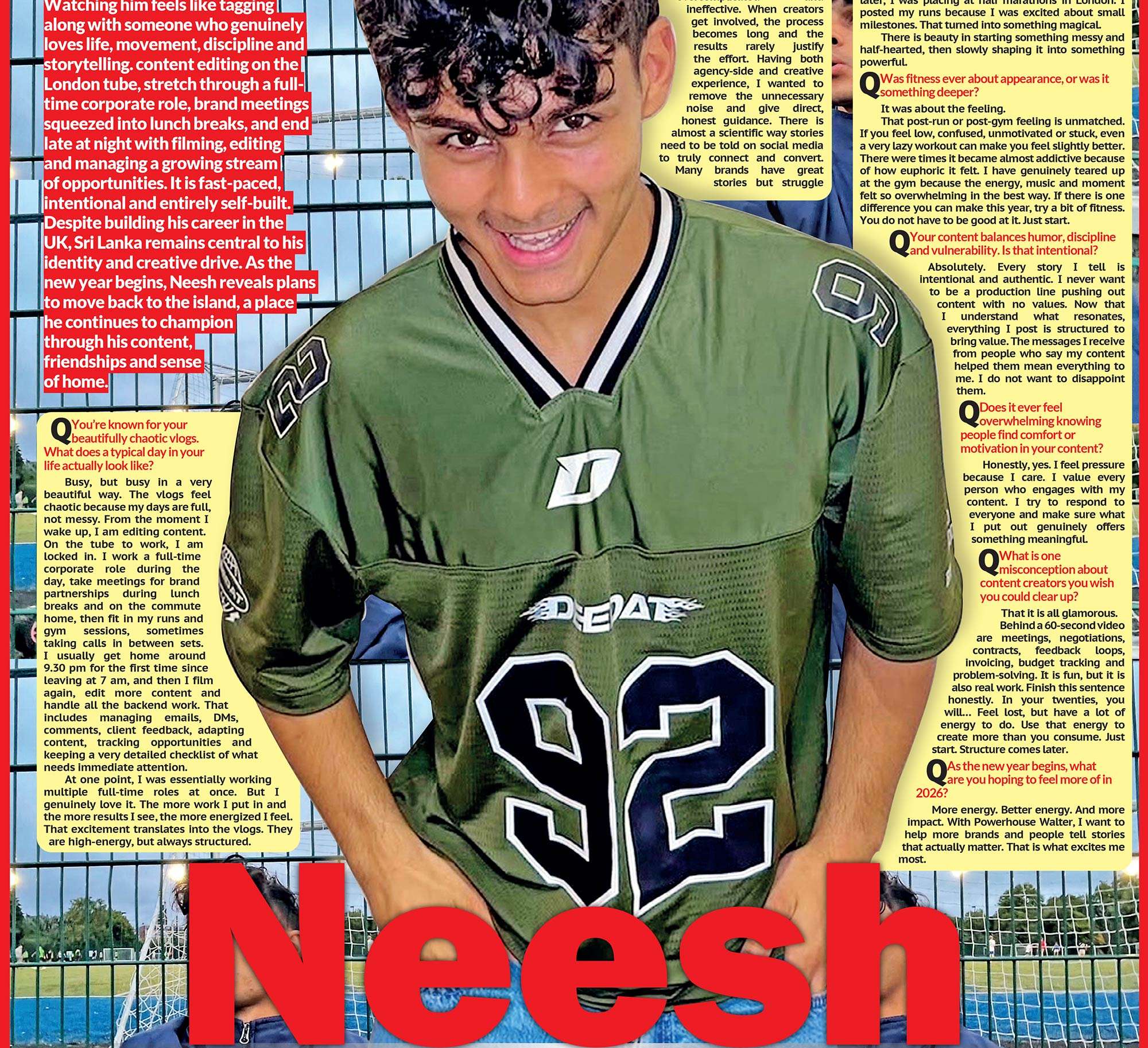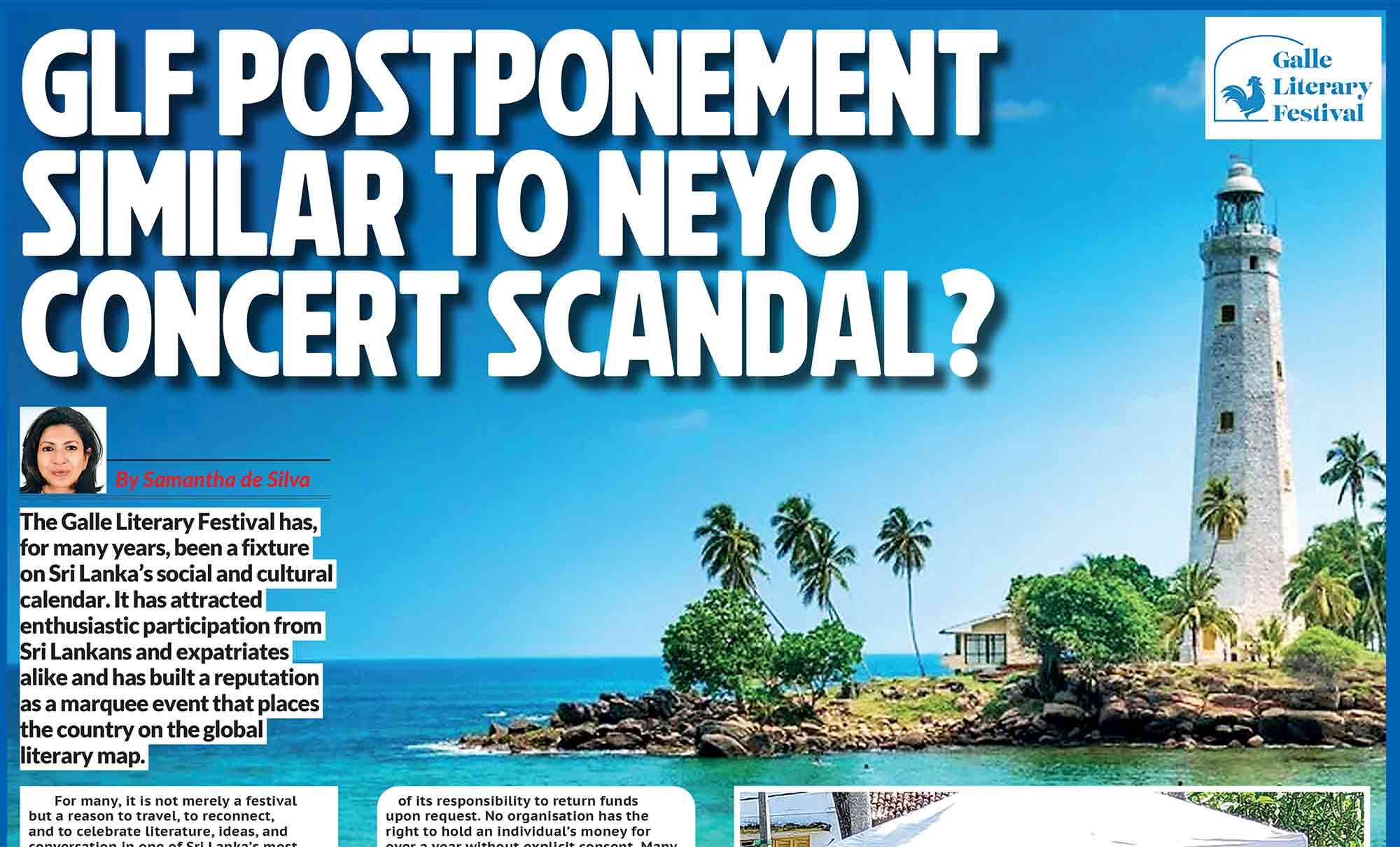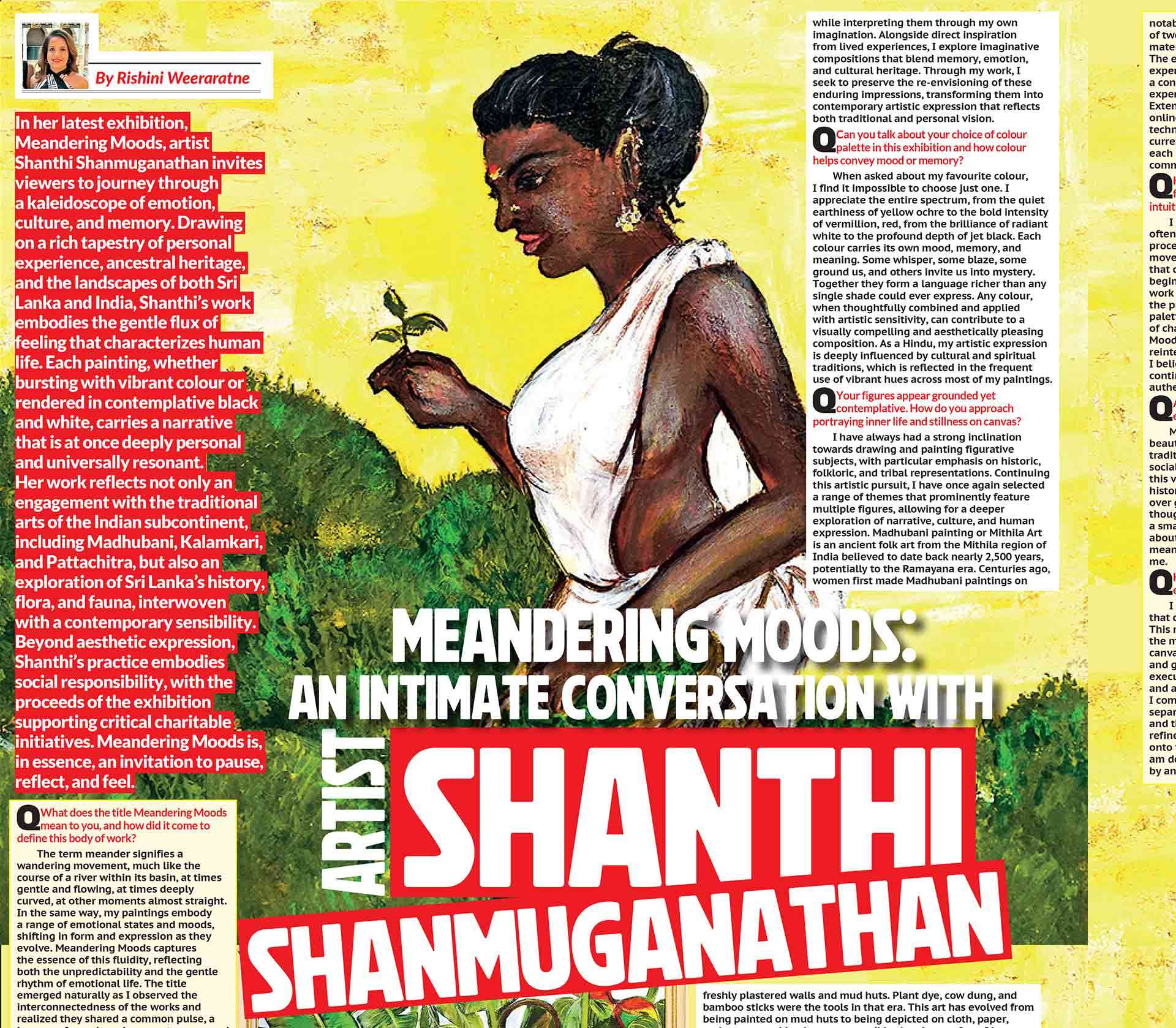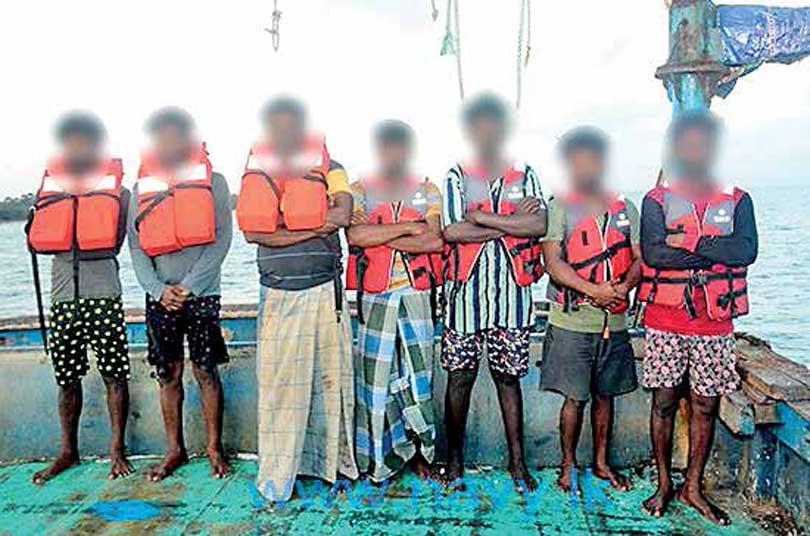
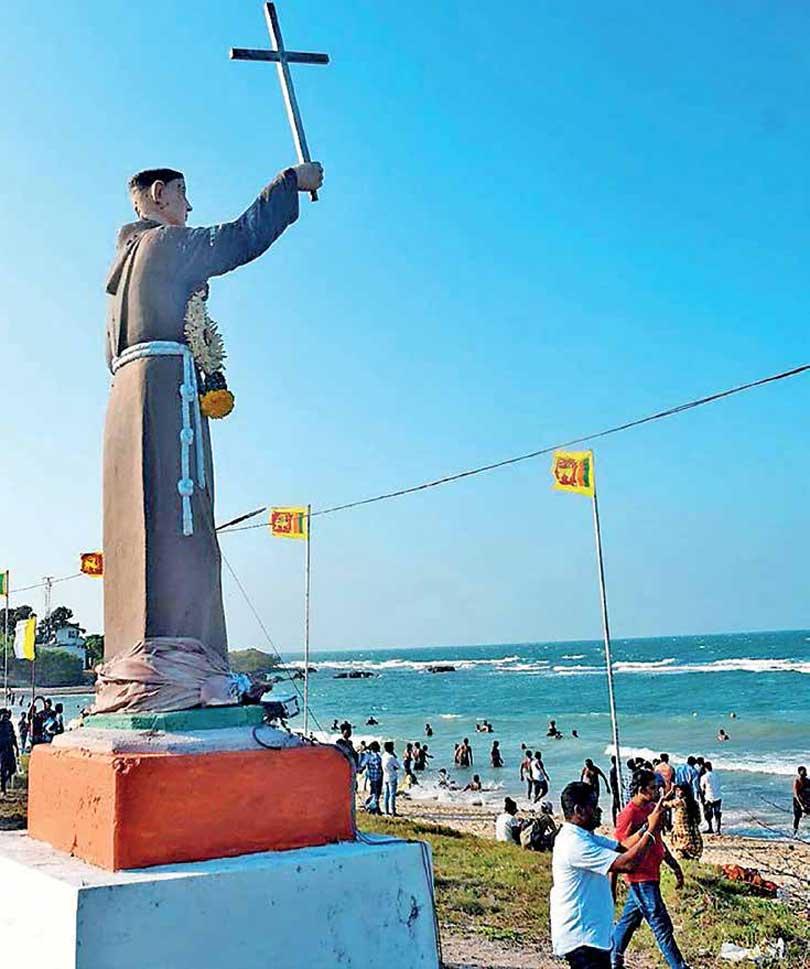
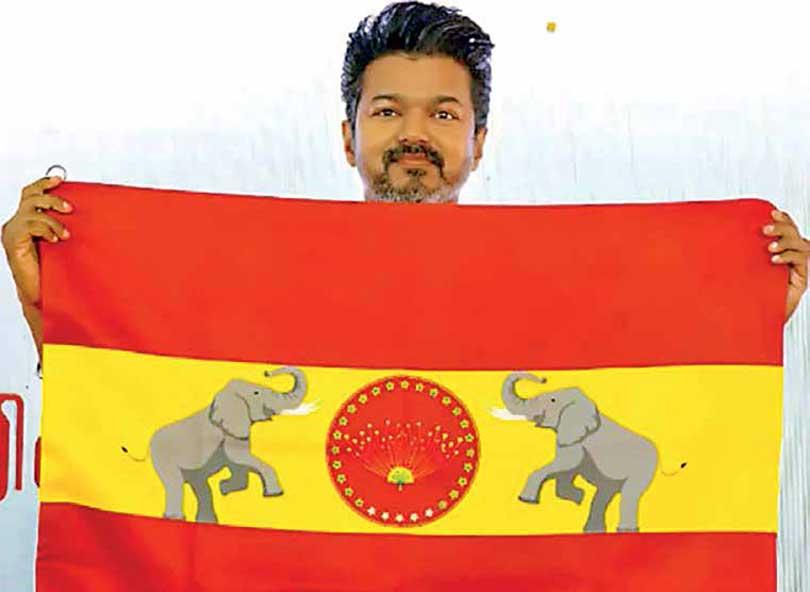
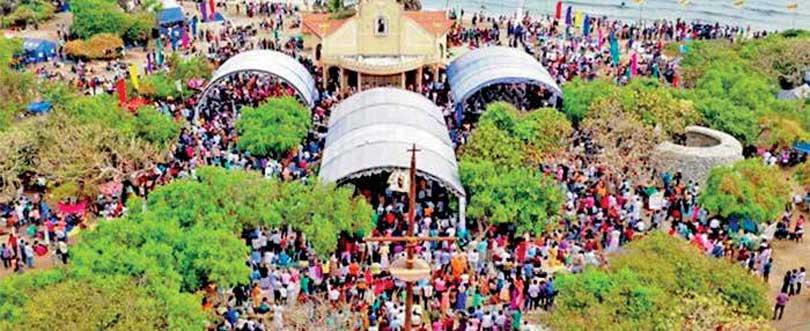
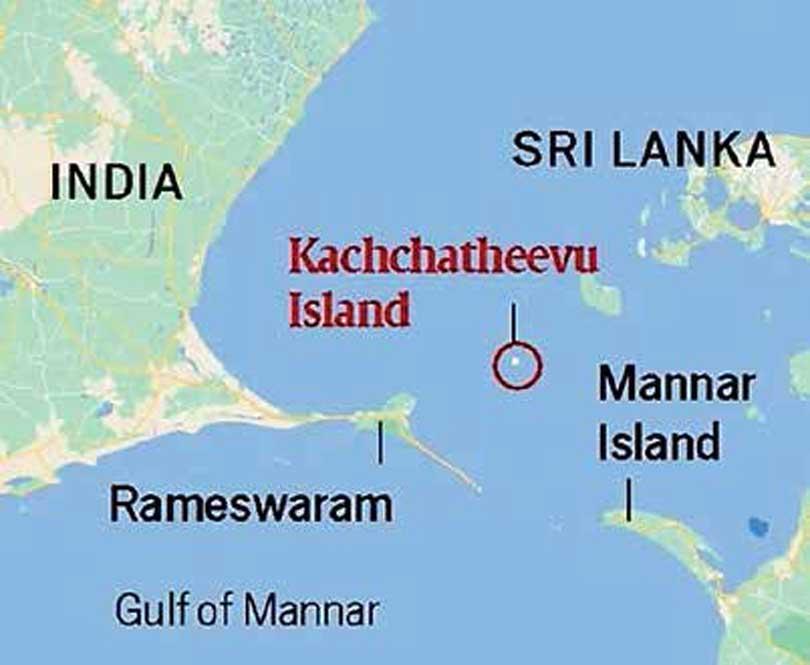
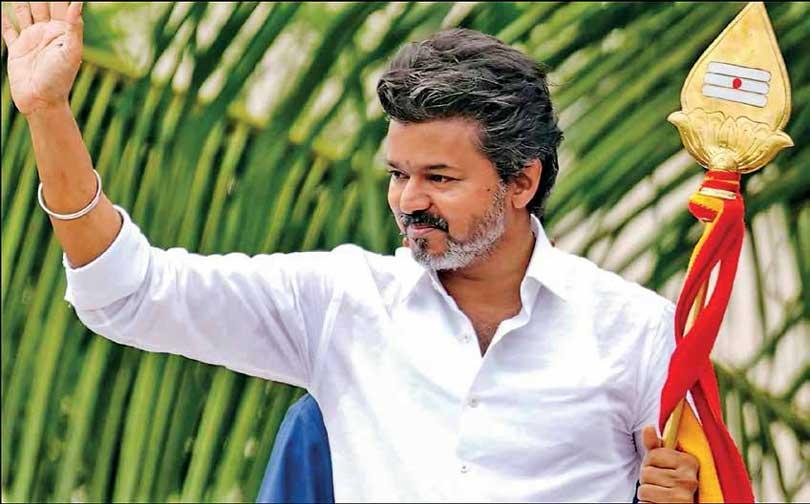

I need to start this with a confession. Those who know me, they know how big a Thalapathy Vijay fangirl I am. The kind of hype I create around each release. Knew the lyrics to his songs. His punch dialogues by heart. I, who believed in the on-screen and sometimes off-screen persona of the saviour, the messiah for the oppressed. That’s why today, sitting here, my keyboard feels heavy with a peculiar mix of rage and profound embarrassment. Not the kind you feel when your hero flops at the box office, but the kind that curdles in your stomach when you see the same saviour complex weaponized, stripped of its cinematic gloss, and revealed for what it often is: cheap, dangerous, clickbait. Last week, the man who played a revolutionary on screen stood at a political rally and offered to “intervene and resolve the issues of the suffering Tamils of Sri Lanka.”
I didn’t feel hope. I felt a historical dread so deep it rattled my bones. We’ve seen this movie before. The plot is familiar: a local crisis, a charismatic outsider offering help, and a finale that leaves the very people he promised to save buried under the rubble. Ask any Sri Lankan Tamil what happened when our own kings sought help from the Portuguese, the Dutch, and the British. The script always ends with us losing our kingdom, our sovereignty, and our peace. Now, an actor-turned-politician from Tamil Nadu wants to review the franchise? Who’s directing this? And who, for the love of God, called for this audacious, reckless “intervention”?
But to focus solely on Vijay’s political naivety is like staring at a single overexposed frame and missing the entire reel. His statement is merely the latest, loudest firecracker in a decades-long political circus that has used the broken bodies of Tamil fishermen as its stage. The real story isn’t on an election podium in Tamil Nadu; it’s out in the Palk Strait, where the water is stained with blood and the air is thick with complicity. Let’s cut through the noise. Here's what’s really going on.
The Magical Island Called ‘Kachatheevu’
Every few years, especially when an election looms in India, politicians undergo a miraculous transformation. They develop a sudden, seemingly patriotic concern for a barren, uninhabited 285-acre islet called ‘Kachatheevu’. The facts are undisputed. In 1974, through a formal agreement, the Indian government under Indira Gandhi ceded Kachatheevu to Sri Lanka. It was a diplomatic decision. A done deal. International law considers it settled. But oh, what a gift this rock has been to opposition parties ever since! It is the ultimate political prop. It has no people to govern, no resources to manage, and its only defining feature is a century-old Catholic church. It is, in essence, a blank canvas upon which politicians can project whatever nationalist fantasy will win them votes.
The current Indian ruling party theatrically bemoans the “blunder” of the opposition party that gave it away fifty years ago. The opposition party in Tamil Nadu, which has been in power itself for long stretches since then, suddenly wants it back. They all puff out their chests, wave fingers, and cry about national dishonour.
It’s a pantomime. A beautifully orchestrated distraction. Tamil Nadu reclaiming Kachatheevu would solve precisely NOTHING. The problem was never that Indian fishermen were accidentally straying a few hundred meters across an invisible line near Kachatheevu. The problem is systematic, large-scale, and devastatingly destructive poaching. Indian fishermen, pushed by dwindling catches in their own waters and pulled by the rich fishing grounds on the other side, sail deep into Sri Lankan territory. They aren’t in dinghies with rods; they are in large, mechanized bottom trawlers. And this is the first, brutal truth the Kachatheevu con seeks to hide: The initial aggression did not just start at the borders but is rooted in economics and ecology.
The Cynical Cycle: Jaya, Karunanidhi, and Now Vijay
And let’s be clear. Vijay is not a pioneer; he’s a plagiarist. He’s only dusting an age-old script.
J. Jayalalithaa, the late Chief Minister of Tamil Nadu would file petitions in the Supreme Court, passionately arguing for the retrieval of Kachatheevu, framing it as the panacea for the fishermen’s woes.
Her rival, M. Karunanidhi of the DMK, would match her rhetoric decibel for decibel, despite his party being part of the central government that had signed the very agreements he now critiqued.
This is what exposes the entire farce. The Kachatheevu issue is not a principle; it is a tactic. It is a toy that every Tamil Nadu politician winds up when they need to run for office. There is no genuine intention to solve anything because the problem itself is more valuable than the solution.
Solved problems don’t collect votes.
Vijay’s entry into this grim tradition proves only one thing: he has learned the first rule of Tamil Nadu politics when it comes to Sri Lanka. You don’t need a viable plan.
You just need a loudspeaker and a willingness to exploit the pain of the fishing community and the aspirations of Eelam Tamils for your own gain. He is not breaking the system; he is its latest, shiniest product.
The Butchers of the Palk Strait
But if the Indian trawlers are the initial aggressors, and their politicians are the cynical cheerleaders, the Sri Lankan response is a grotesque, monstrous overreaction that reveals a far more sinister truth. The response is not led by polite coast guards handing out citations.
It is meted out by the Sri Lankan Navy. An institution forged in the crucible of a brutal 26-year civil war against the LTTE. An institution that, since the war ended in 2009, has found itself a massive, overfunded force without a conventional enemy to fight. So, it has turned its gaze north, to the sea, and to the Tamils who fish in it.
What happens out there is not law enforcement. It is barbarism.
Marginalized fishermen are seized and thrown in Sri Lankan jails for months, their boats impounded. They are threatened, intimidated, and their gear destroyed. Some are shot and killed. Let’s be clear: The Sri Lankan Navy operates with a culture of utter impunity and a deep-seated prejudice against Tamils. The war is over, but the mindset of the victor, viewing the Tamil majority North and East as occupied territory, remains. To them, a Tamilian in a boat is not a citizen exercising his right to work; he is a potential terrorist, a trespasser, a subhuman entity undeserving of mercy or justice. The Lankan government provides the pretext of “we are protecting our sovereignty!” and its Sinhala-nationalist base cheers them on. But ask them about accountability for the murders of fishermen? Crickets. A shrug. A buried report. An “investigation” that never concludes. This is the second truth: The Sri Lankan state, through its military, is the primary threat to the safety and lives of Tamil fishermen on both sides of the strait.
The Dance of Two Governments
On one hand, the Indian government (both at the centre and in Tamil Nadu) lacks the political will to solve the actual problem. Banning bottom trawling is politically unpopular. It would require providing alternative livelihoods for thousands of fishermen, a costly and complex task. It’s far easier to grandstand about an island, pretend to be tough on a foreign nation, and shed crocodile tears for the poor fishermen all while doing nothing to stop the practices that get them killed in the first place. They use the fishermen’s plight as a political football, kicking it back and forth every election cycle. The Sri Lankan government on the other hand is morally bankrupt. It uses the “Indian aggression” narrative to justify its military’s brutality and to stoke Sinhala nationalist sentiment, a useful tool to distract from its catastrophic economic mismanagement. The proposed “solution” of starting tourism on Kachatheevu is so insultingly tone-deaf it would be satire if it weren’t real. While fishermen are being shot, the government’s big idea is to build resorts on the very rock that symbolizes the conflict? It’s a plan designed for contractors and politicians, not for the people whose blood is staining the sea. And the citizens? We play our part. In Sri Lanka, half the population who couldn’t have pointed to Kachatheevu on a map a month ago, are now ready to go to war over it, whipped into a nationalist frenzy by politicians who couldn’t care less about the actual human cost. We are all being manipulated.
The “Savior” and the Silence
And into this tinderbox walks Vijay, the hero, the latest in a long line of performers. His offer to “intervene” and call Prabhakaran as a “mother” to gain the votes of Tamil Eelam supporters in India is not just embarrassing; it’s dangerously irresponsible. It is the pinnacle of the very political opportunism this entire tragedy is built upon. Who asked him? No one. The Tamils of Sri Lanka have not elected him. Their struggle for justice, for accountability for war crimes, for political rights, for mere survival, is not a plotline waiting for a Tamil Nadu hero.
This is a nuanced, fragile, and deeply internal struggle. An outsider’s grandstanding, especially one from a neighbour, is the quickest way to reignite Sinhalese fears of Indian expansionism and Eelam separatism, painting a target on the backs of the very Tamils he claims to want to help. What is his solution? He doesn’t have one. He offered a soundbite, not a policy. Using the genuine suffering of marginalized people as clickbait for his political campaign. It is hunger porn for votes. My disappointment as a fan is personal. But my rage as a journalist is not. This isn’t a movie. There are no retakes. When you trivialize a conflict this raw, this bloody, for political points, you are playing with lives. The solution was never Kachatheevu. It certainly isn’t Vijay. Or any other politician sailing a leaky, old boat.
The solution is ugly, difficult, and profoundly unsexy:
1. India must ban bottom trawling. Immediately. And invest billions in helping its fishermen transition to sustainable methods. Non-negotiable first step.
2. The international community must demand the demilitarization of Sri Lanka’s Northern waters and an end to impunity within the Sri Lankan navy. Every killing must be investigated and prosecuted.
3. Both governments must get out of the way and let the fishermen’s associations from both sides talk. They understand the sea and each other’s struggles better than any politician in Delhi or Colombo ever will.
The sea doesn’t care about our flags, our borders, or our political campaigns. It only tells the truth. And right now, the truth is that the water is red, and everyone in power is trying to build their throne in the blood.


